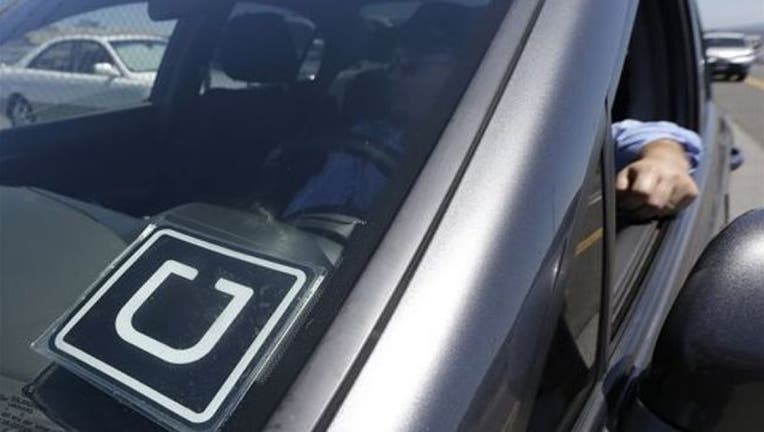Uber deploys secret weapon against undercover regulators

(FOXNews.com)
SAN FRANCISCO (AP) -- Uber has been wielding a secret weapon to thwart authorities who have been trying to curtail or shut down its ride-hailing service in cities around the world.
The program included a feature nicknamed "Greyball" internally that identified regulators who were posing as riders while trying to collect evidence that Uber's service was breaking local laws governing taxis.
To stymie those efforts, Uber served up a fake version of its app to make it appear the undercover regulators were summoning a car, only to have the ride canceled. The San Francisco company mined the data that it collects through its real app to pinpoint the undercover agents.
The New York Times revealed Greyball's existence in a story published Friday based on information provided by four current and former Uber employees who were not named.
Uber acknowledged it has used Greyball to counter regulators working with the company's opponents to entrap its drivers.
Greyball is part of a broader program called VTOS, shorthand for "violations of terms of service," that Uber says it developed to protect its service.
"This program denies ride requests to fraudulent users who are violating our terms of service -- whether that's people aiming to physically harm drivers, competitors looking to disrupt our operations, or opponents who collude with officials on secret `stings' meant to entrap drivers," Uber said.
Although Uber is becoming more widely accepted than in its early years, the company says it still uses Greyball as a tool in some cities that it declined to identify.
The Times reported that Uber has targeted regulators in Boston, Paris and Las Vegas, among other cities, as well as a litany of countries that include Australia, China, Italy and South Korea.
The cat-and-mouse game with regulators is the latest example of the aggressive tactics that Uber has adopted while upending the heavily regulated taxi industry. In doing so, Uber has built a rapidly growing company valued at more than $60 billion by its investors that is frequently accused of bending the rules.
Among other things, the company has faced lawsuits for classifying its drivers as independent contractors to save money and allegedly stealing the technology for a fleet of autonomous cars that it is currently testing. In the past two weeks, a former female engineer alleged Uber routinely ignores claims of sexual harassment and a video surfaced of CEO Travis Kalanick profanely berating a driver who confronted him about steep cuts in its rates for a premium version of its service.
Uber's rise also has raised tensions in cities that have sometimes gone to extreme measures to crack down on a service that they contended was operating without the proper permits. In Las Vegas, local taxi regulators confronted an Uber driver while wearing ski masks . And in Florida, Hillsborough regulators coordinated with taxi and limousine companies on an undercover operation that lured out Uber drivers so they could be assessed $700 fines.

